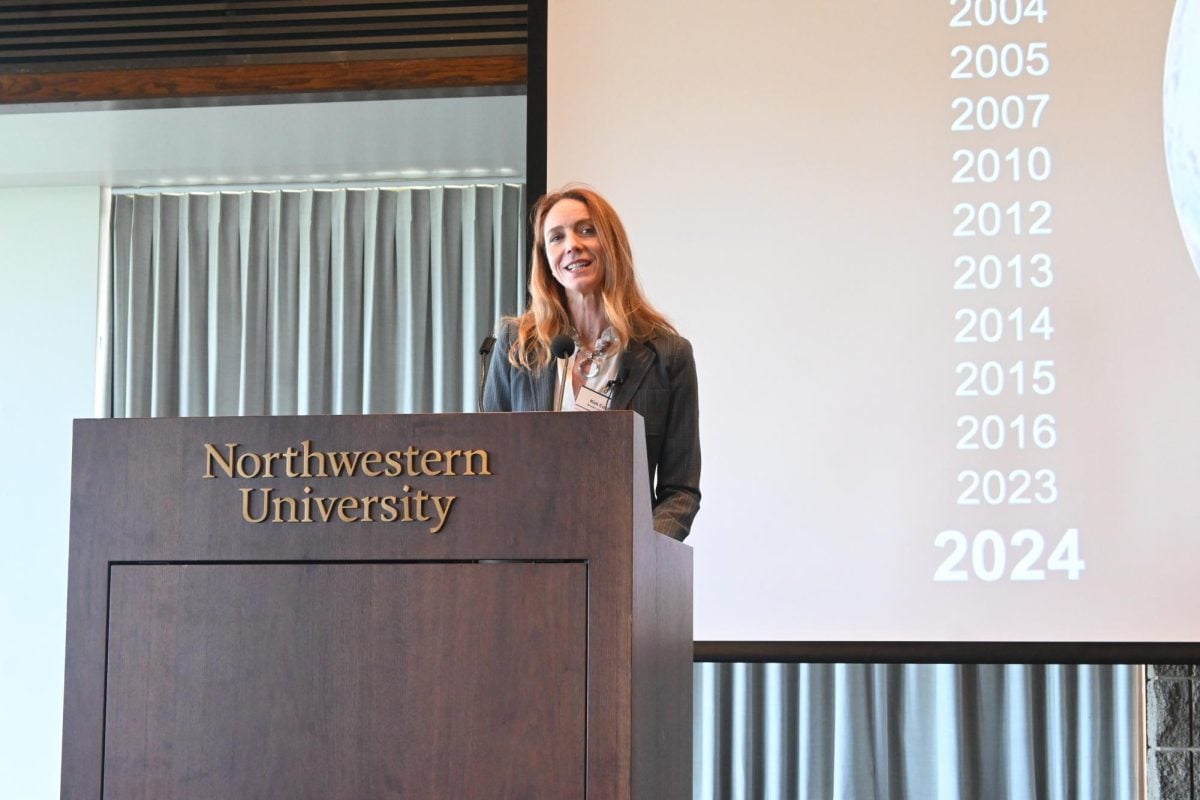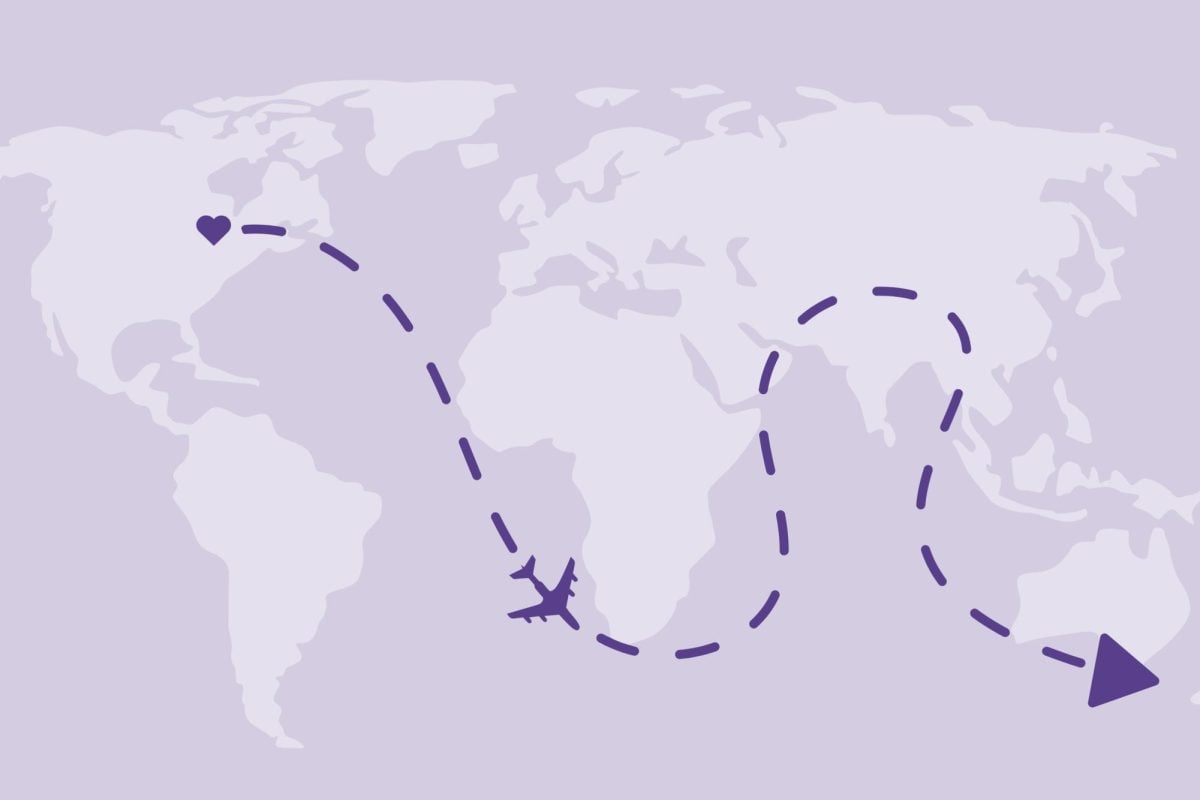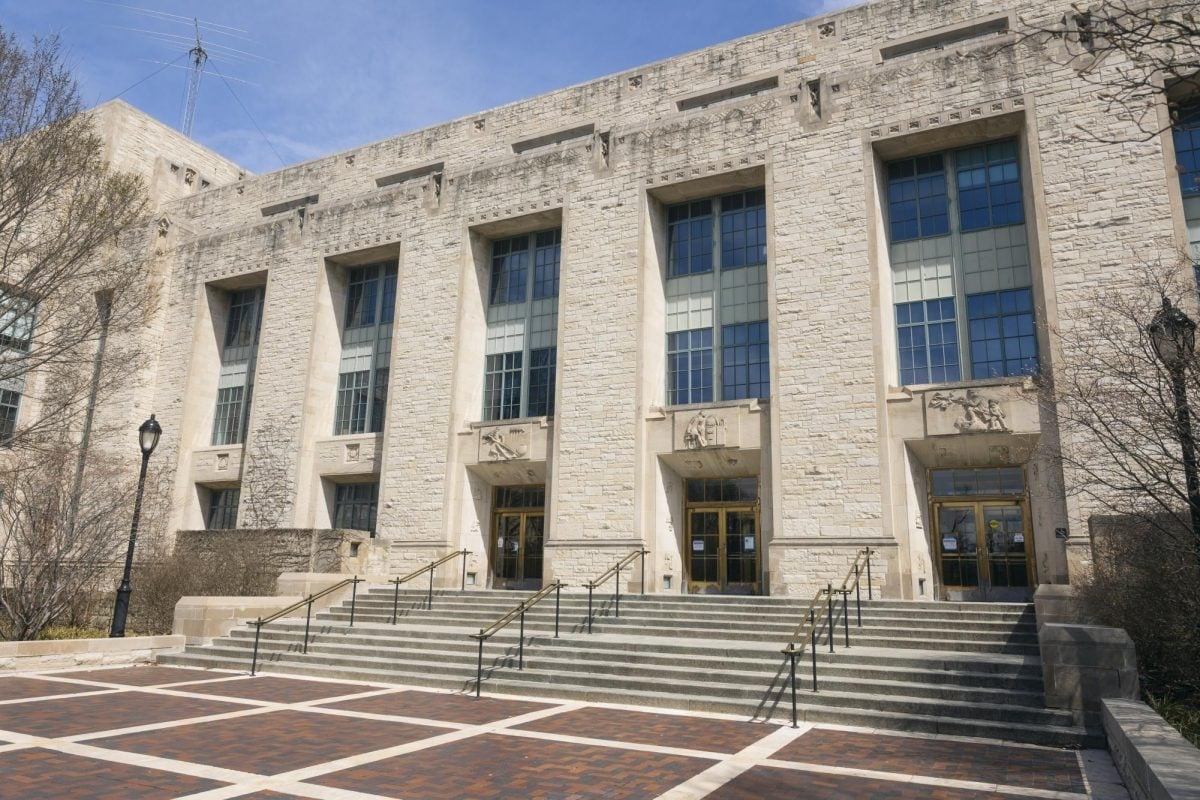Northwestern has the second-highest number of Fulbright students in the country this year, according to a report released in The Chronicle of Higher Education.
Twenty-seven NU students received scholarships from the Fulbright Program for 2011-2012. Last year, the University placed sixth with 20 recipients, a huge drop from 2009’s first place with 32 scholarships. University of Michigan at Ann Arbor led the list this year, with 29 Fulbright students.
“We have sustained a level of excellence,” said Stephen Hill, associate director of the University’s Office of Fellowships. “The last five years we’ve been in the top 10.”
The Fulbright program sends American students and faculty scholars abroad for research and cultural education. It also recruits foreign students and scholars to travel to the U.S. for the same purpose.
Though federal funding to the program may face cuts next year, student interest remains strong, based on the number of applicants to the receive the scholarships. In NU’s category of doctoral and research universities alone, about 5,000 students applied for the program as of Oct. 24.
Hill said about 100 NU applicants apply each year for the Fulbright, which is on par with schools of the University’s academic caliber, including Harvard, Yale and Stanford. This year, 102 NU students submitted applications for the program.
The Fulbright chooses scholarship recipients based on academic standing and leadership potential, according to the program website. The Office of Fellowships began advising students through the application process in 2005, Hill said.
The Office assigns each student applying for the fellowship a faculty mentor as a guide through the process. Getting a consistently high number of Fulbright award winners takes a team effort, Hill said.
Weinberg senior Redmond McGrath, who is applying to study abroad in Paris next year, said the office worked with him to submit a strong application and practice interview skills. McGrath, a French student of 11 years, said the scholarship would be a valuable asset to his education.
“It would give me the opportunity to research and contribute to the historical information of Paris,” he said.
The Fulbright Program has funded the research of more than 300,000 participants since 1946. For Mokaram Rauf, who traveled to the Philippines last year to research local and national health care systems through a Fulbright grant, the program provides the opportunity to affect practical change in the real world.
“It was the perfect academic experience,” the third-year graduate student said. “There was prestige but also money to do really good work.”
However, funds to the Bureau of Educational and Cultural Affairs, which heads the Fulbright program, may be cut next year, potentially affecting plans of scholars such as Rauf and McGrath wanting to conduct research abroad.
The U.S. Senate proposed a 2.2 percent increase in funds for the bureau, but the House of Representatives put forth a plan to decrease their money by 10.1 percent. The Obama administration also requested a $1 million decrease in the Fulbright Program.
Hill said while a 10.1 percent cut would not devastate the program, limiting its funds would have serious consequences.
“Denying numbers of students to this scholarship simply sets this country back,” he said. “If it goes away, you just can’t replace it with online (education). Hopefully lawmakers will see the value of the Fulbright Program and see it is well worth the money.”
Hill said Fulbright will either give out fewer scholarships or, less likely, reduce the award amount given to each scholarship recipient. But Hill said the second option would not give students enough money to fund themselves for a year of research.
For students considering the program, the potential funding cuts are of particular concern. If accepted, McGrath said he would receive $30,000 to $40,000 to pay for all of his expenses in Paris – if the amount were reduced, however, he would not be able to find a good place to live near where he would research.
Rauf agreed that a funding decrease would negatively impact the experience, which already often suffers from budget constraints. He said travel and living expenses were some of the most costly parts of his trip and affected how much he could use on research.
“It’s not a blank check,” he said. “There’s limited funding already, and (further) limited funds will jeopardize the program.”
Kris Anne Bonifacio contributed writing.







